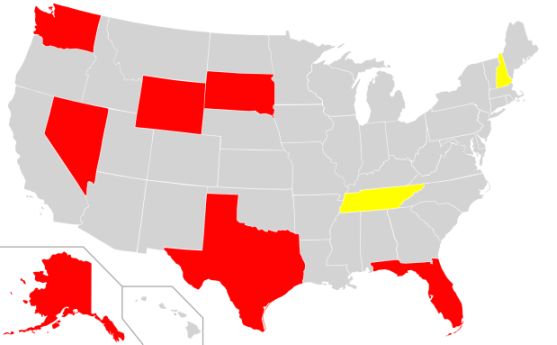How to Tell if You Are Burned Out at Your Job
Post Views 2In the last six months, have you noticed that:
- You used to love your work, but now it exhausts you emotionally or physically?
- You feel you’re accomplishing much less compared with your past performance?
- Your work always comes first, but no one seems to appreciate your efforts or commitment?
- You feel increasingly cynical about your work, your employer, or your clients?
- You believe that only you can do the work you do as well as you do it, and that your clients and colleagues would be irreparably harmed if you quit?
- You’re no longer interested in the hobbies or pastimes you used to enjoy?
- Nothing much matters to you?
- You’re increasingly forgetful about appointments, or find yourself misplacing possessions or overlooking deadlines?
- You need more time alone than you used to?
- You’re more irritable now when driving in traffic or waiting in lines?
- You’re getting unexplained headaches or stomachaches or backaches?
- You find yourself frequently feeling angry or striking out at others?
If you answer “yes” to any of these questions, you’re exhibiting at least one symptom of burnout.
What is burnout? Burnout is more than simple fatigue. Much more. It’s an unacknowledged state of exhaustion that occurs when you consistently make choices for the benefit of others at the expense of your own needs.
Who gets burned out? According to Dr. Herbert J. Freudenberger, who first coined the term “burnout,” victims of burnout are “dynamic, charismatic, goal-oriented people” or “determined idealists.” Burnout, he says, “usually has its roots in the area of your life that seems to hold the most promise.” For most professionals, that area is work.
What causes burnout? Burnout among professionals can result from consistently working too much to meet the demands of your superiors, or from being expected to perform in a way that goes against your sense of right and wrong. It can also follow months of being pulled between bosses clamoring for your time and attention, or from never getting any praise from your superiors no matter how impressive your work.
More commonly, though, burnout is caused by a work style that’s almost required in today’s workplace: One where you feel under constant pressure to succeed and are frantically juggling constantly shifting priorities. In order to cope with the demands, you take yourself and your work role very seriously. Eventually, you come to identify so closely with your activities that, whenever they fail, you fall apart.
Can burnout be cured? The solution for burn out is simple, but not easy: serious introspection, and the development of supportive relationships with those who have developed a sense of peace about their work. But don’t expect instant results from your self-exploration. In fact, you may feel even more confused as you examine your relationship with your work. Insight develops gradually; recovery occurs in spiraling circles. But they will happen.
By: Harrison Barnes, CEO of Granted
How to Tell if You Are Burned Out at Your Job by Harrison Barnes



 How to Negotiate Your Compensation Package During an Interview
How to Negotiate Your Compensation Package During an Interview  What Does Where You Live Say about You?
What Does Where You Live Say about You?  Battle Cold Season with Office Etiquette
Battle Cold Season with Office Etiquette  How to Get Published in a Magazine to Boost Your Career
How to Get Published in a Magazine to Boost Your Career